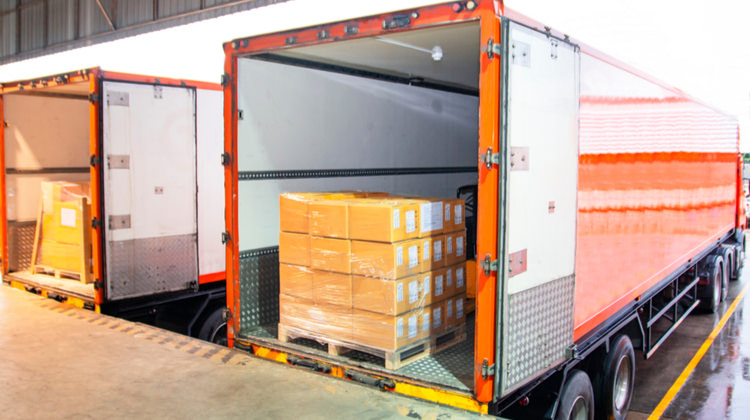In the contemporary landscape of commerce, the integration of advanced logistics stands as a pivotal driver for businesses aiming to transcend limitations and achieve unprecedented growth. The convergence of cutting-edge technologies, data analytics, and innovative strategies has ushered in a new era of supply chain management, propelling enterprises toward operational excellence and enhanced customer satisfaction. The bedrock of this transformation lies in the seamless synchronization of every facet of the supply chain, from procurement and production to distribution and after-sales service. One of the key advantages of advanced logistics is the optimization of processes that were once considered arduous and resource-intensive. Through the implementation of real-time tracking, IoT-enabled devices, and predictive analytics, businesses can now gain unparalleled visibility into their supply chains. This transparency not only expedites decision-making but also mitigates disruptions by allowing for agile adjustments in response to changing circumstances.

For instance, a manufacturer can anticipate potential delays in the procurement of raw materials and pivot their production schedule accordingly, avoiding costly bottlenecks. This predictive prowess not only streamlines operations but also minimizes waste and excess inventory, thus directly impacting the bottom line. Moreover, advanced logistics fosters a customer-centric paradigm by ensuring the timely delivery of products while accommodating individual preferences. The rise of e-commerce and consumer expectations for swift, customizable, and transparent delivery experiences has made this aspect paramount. Through data-driven insights, businesses can personalize shipping options based on location, delivery speed, and even preferred time slots. This not only enhances customer satisfaction but also cultivates brand loyalty in an increasingly competitive market. Furthermore, the convergence of advanced logistics and sustainability is reshaping the corporate landscape, driving businesses toward environmentally conscious practices. By optimizing routes, minimizing fuel consumption, and employing alternative transportation modes, enterprises can significantly reduce their carbon footprint.
This not only aligns with societal expectations for responsible operations but also enhances a company’s reputation and opens doors to eco-conscious market segments Full Truckload. In fact, eco-friendly logistics have evolved from being a mere addendum to a core component of strategic planning, with businesses recognizing that sustainability and profitability are not mutually exclusive. In conclusion, the ascent of advanced logistics marks a transformative chapter in the evolution of business operations. The fusion of technology, data analytics, and strategic innovation empowers enterprises to revolutionize their supply chains, resulting in heightened efficiency, customer satisfaction, and sustainable practices. As the corporate landscape continues to evolve, businesses that harness the potential of advanced logistics will invariably rise above challenges, realizing unprecedented growth and solidifying their positions as trailblazers in an ever-changing marketplace.